Menu
Close
- Home
- About Us
- Departments
- Allergy Clinic
- Anaesthesia
- Bariatric Surgery
- Cardiology
- Cardiothoracic Vascular Surgery
- Critical Care Management
- Dental & Maxillofacial Surgery
- Dermatology
- Emergency Service
- Endocrinology & Diabetology
- ENT
- Fetal Medicine
- Gastroenterology
- General Medicine
- General Surgery
- Gynecology
- Laparoscopic Surgery
- Nephrology
- Neurology
- Neurosurgery
- Nutrition
- Oncology
- Ophthalmology
- Orthopedic
- Pediatrics
- Plastic, Cosmetic and Vascular Surgery
- Psychiatry
- Pulmonology
- Surgical Gastroenterology
- Transplant Care
- Urology
- Patients And Visitor
- Corporate
- Media
- Home
- About Us
- Departments
- Allergy Clinic
- Anaesthesia
- Bariatric Surgery
- Cardiology
- Cardiothoracic Vascular Surgery
- Critical Care Management
- Dental & Maxillofacial Surgery
- Dermatology
- Emergency Service
- Endocrinology & Diabetology
- ENT
- Fetal Medicine
- Gastroenterology
- General Medicine
- General Surgery
- Gynecology
- Laparoscopic Surgery
- Nephrology
- Neurology
- Neurosurgery
- Nutrition
- Oncology
- Ophthalmology
- Orthopedic
- Pediatrics
- Plastic, Cosmetic and Vascular Surgery
- Psychiatry
- Pulmonology
- Surgical Gastroenterology
- Transplant Care
- Urology
- Patients And Visitor
- Corporate
- Media
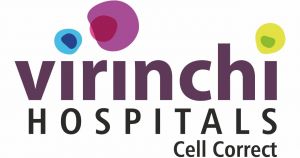
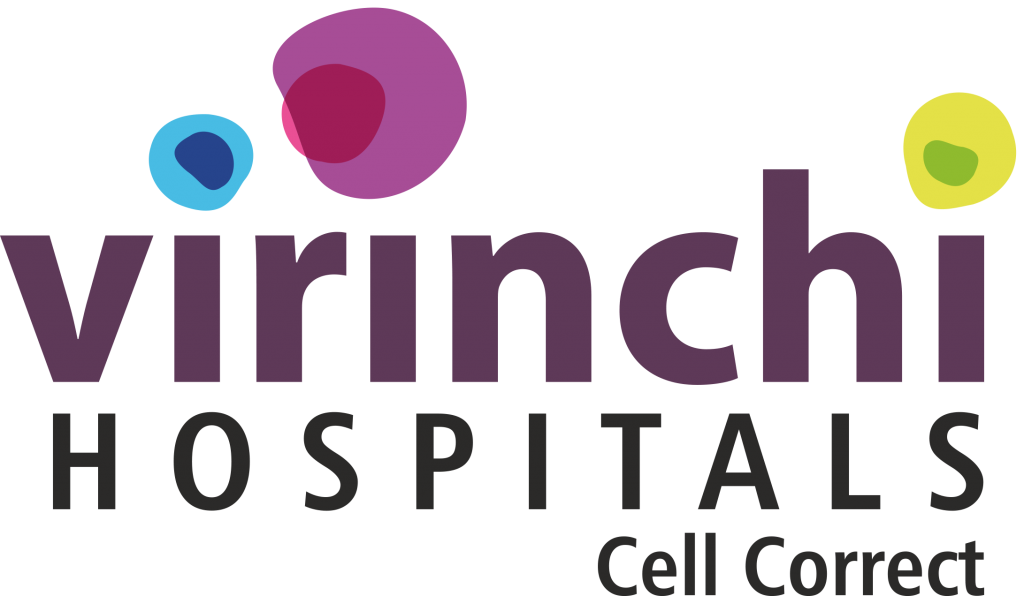

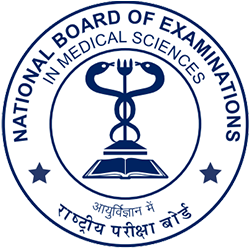
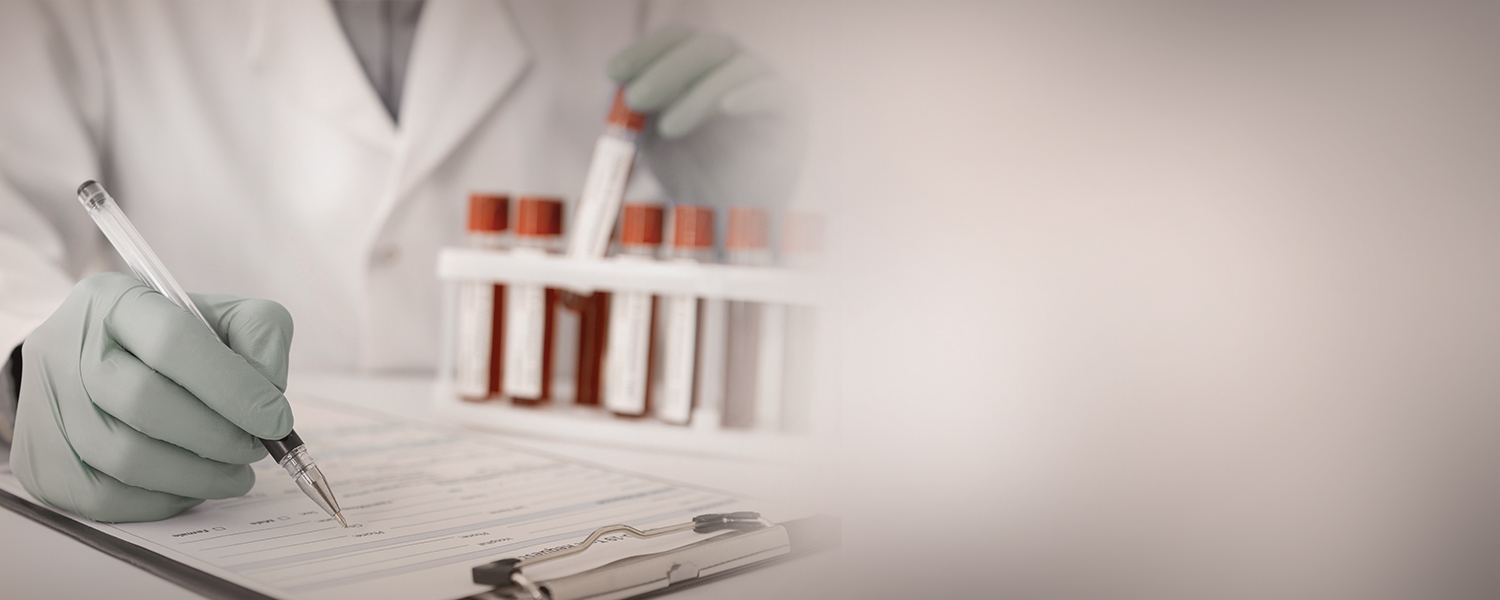
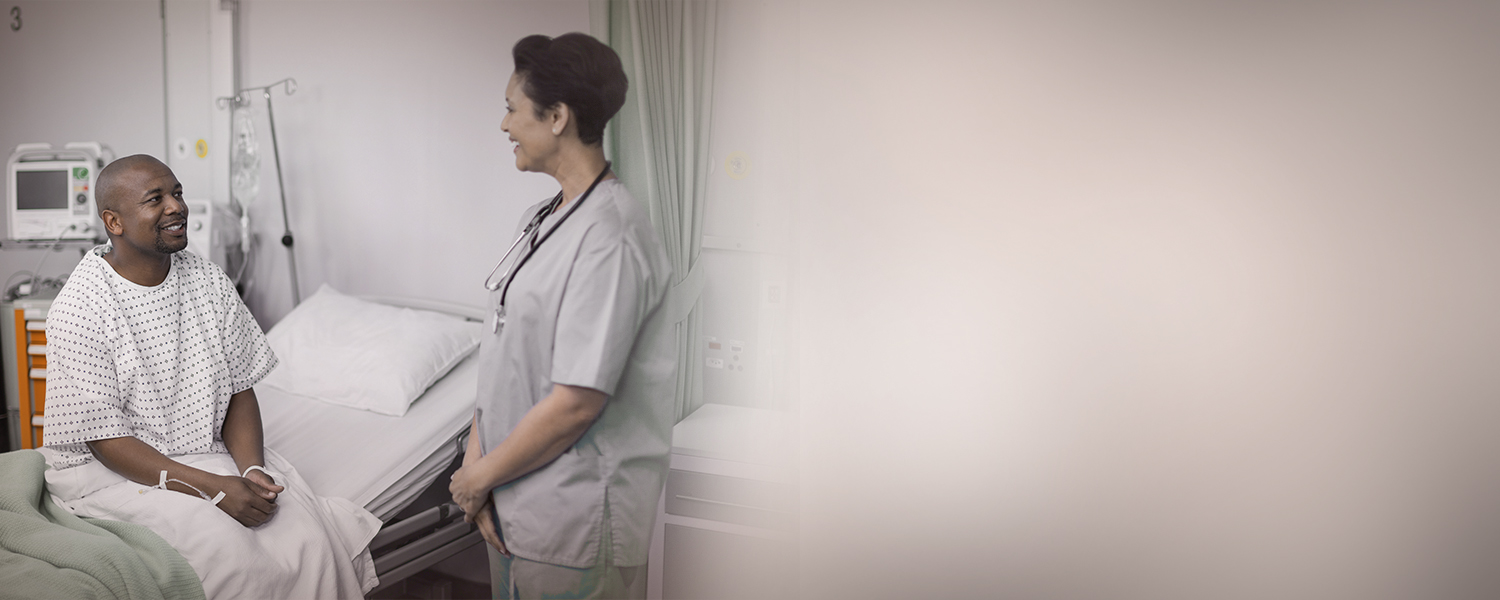
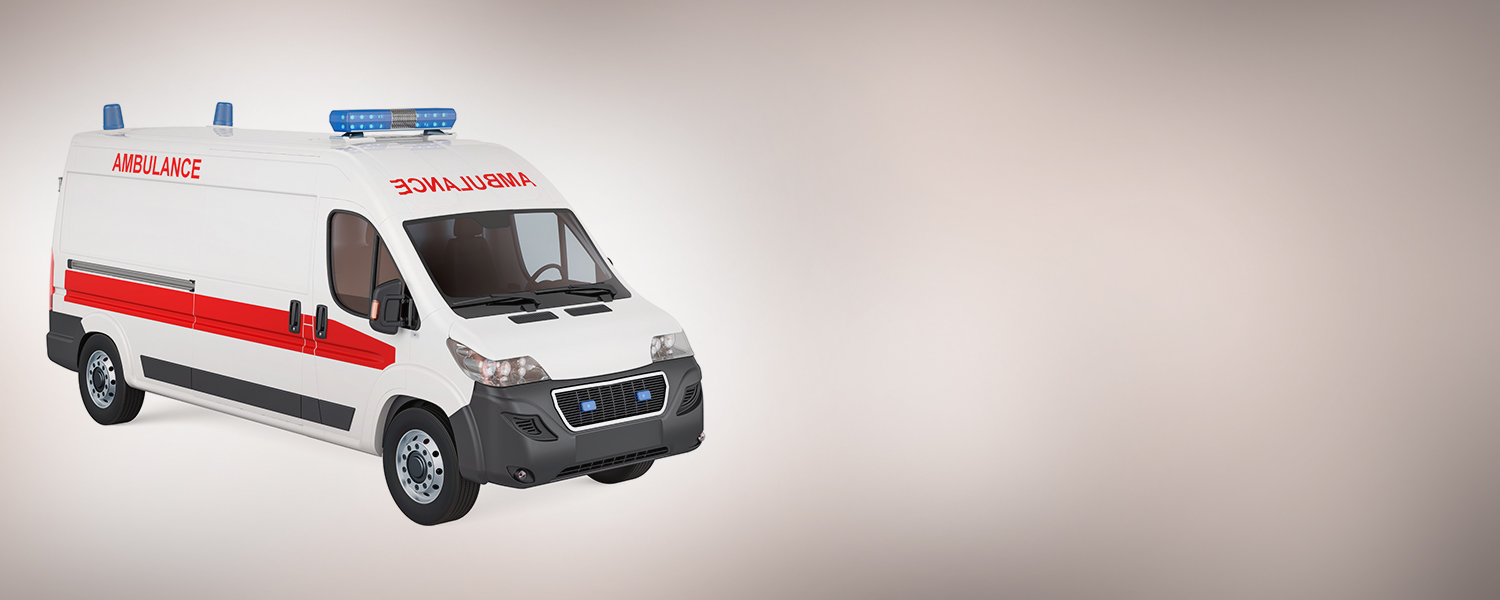
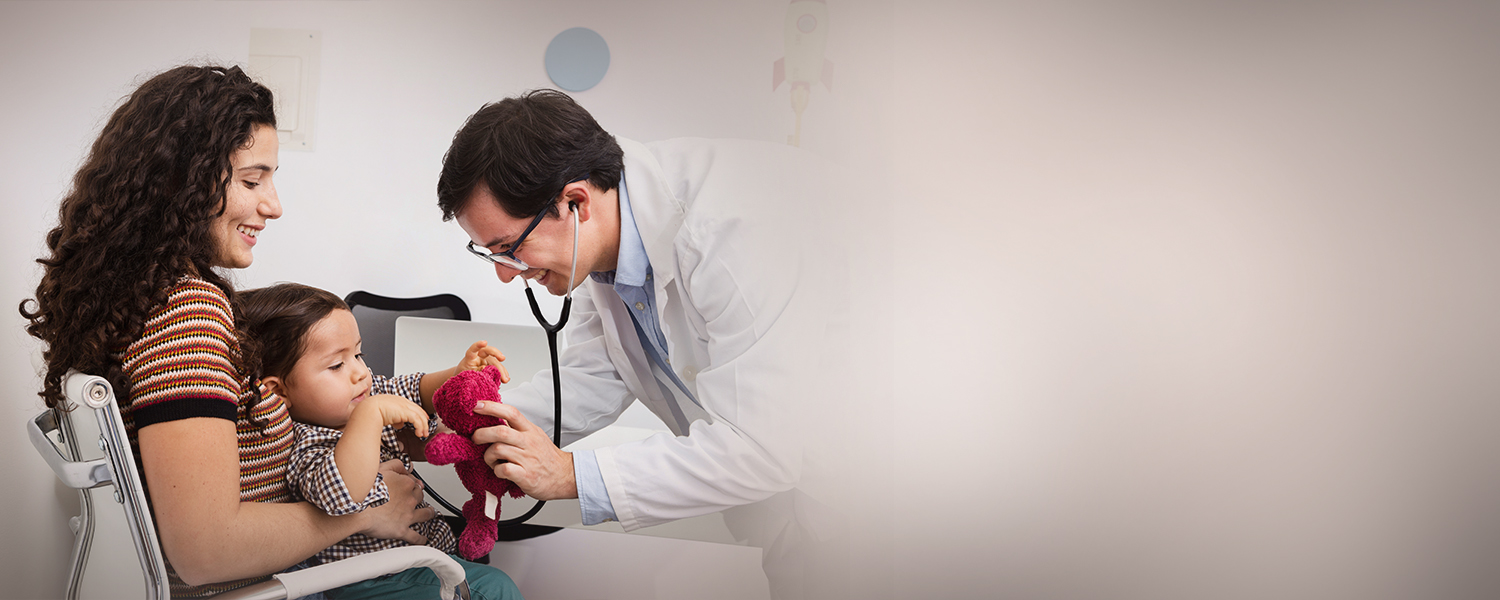


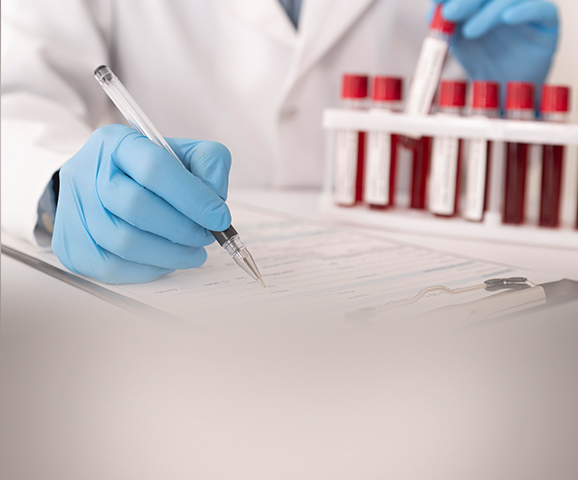

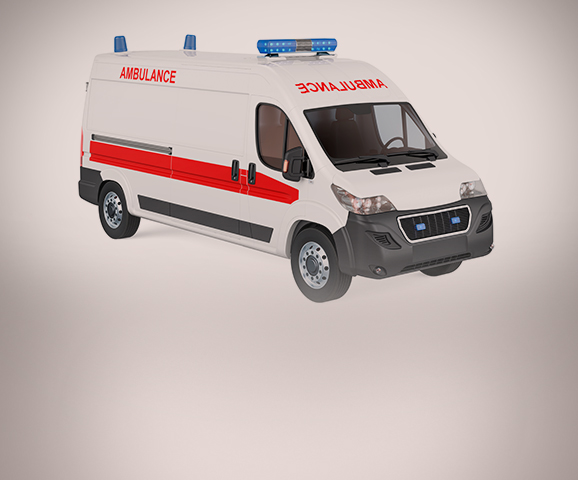


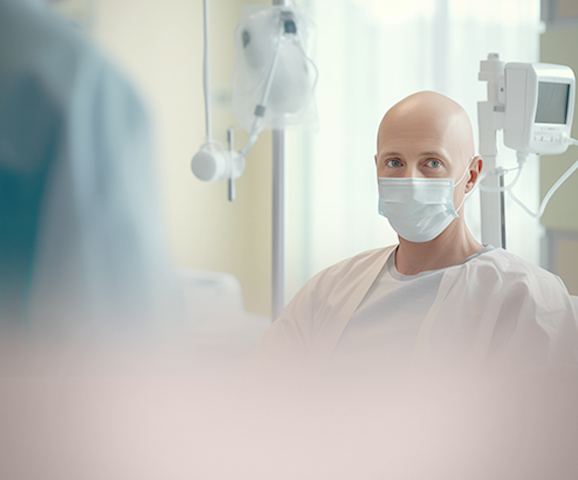













































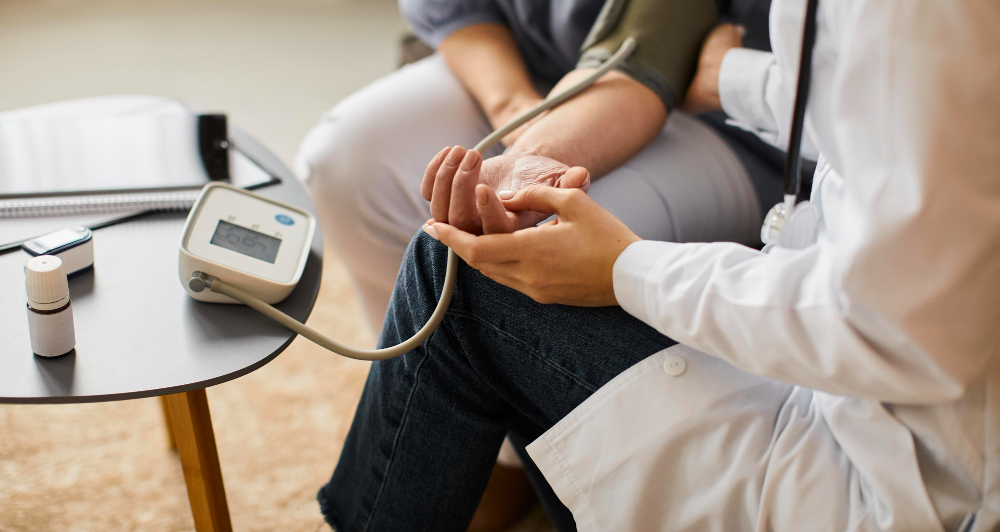

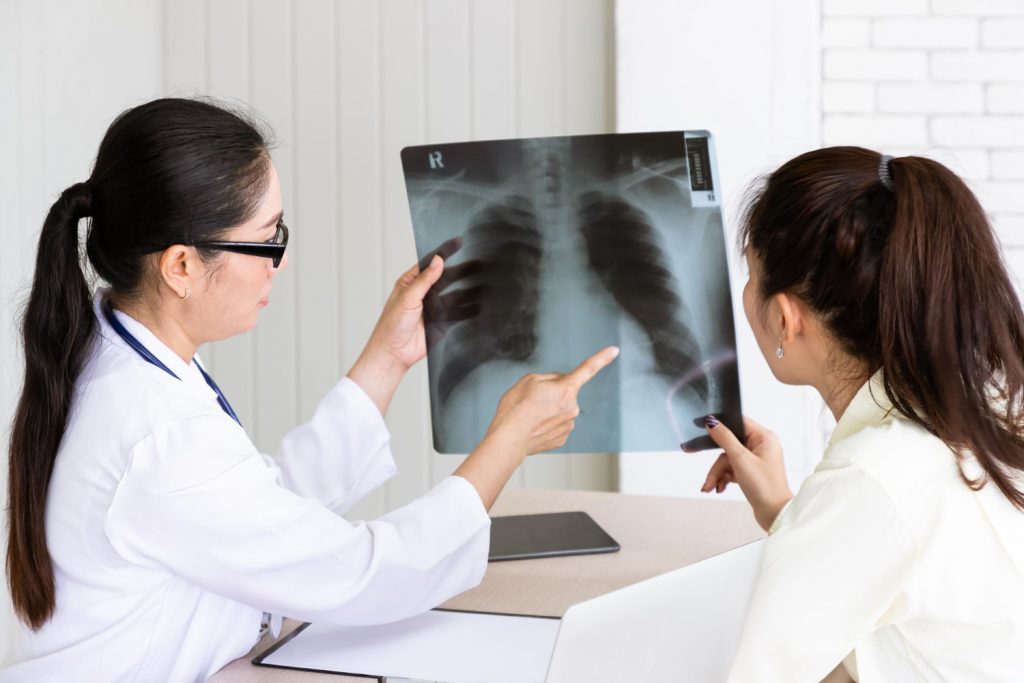
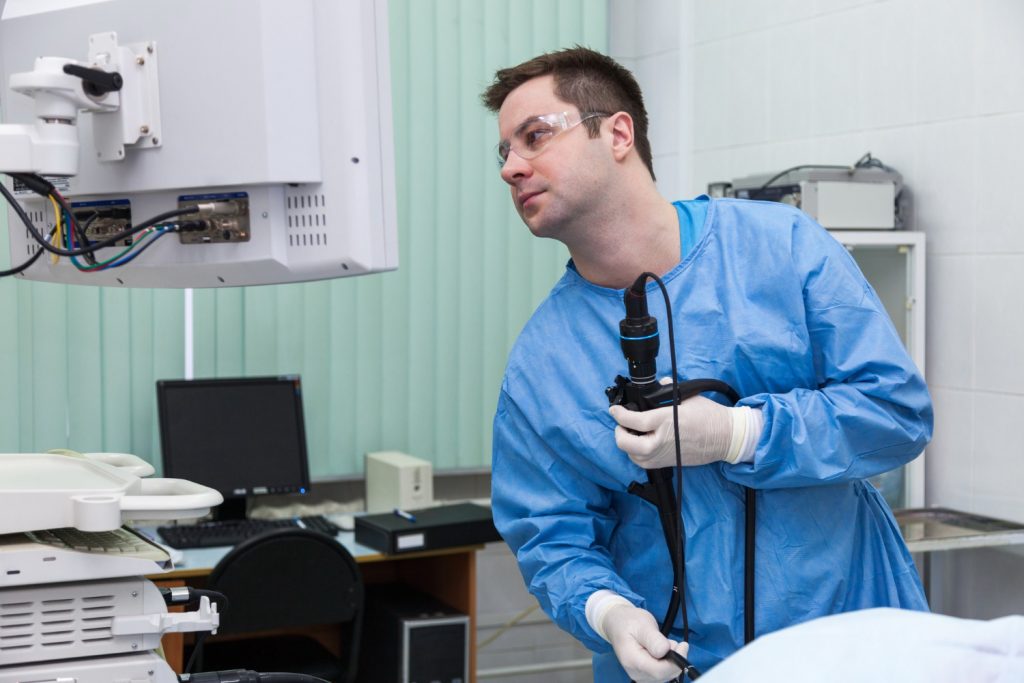
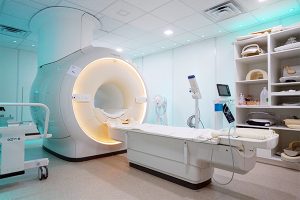
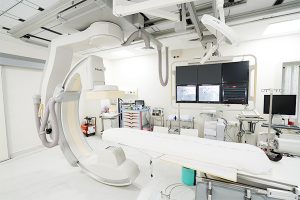
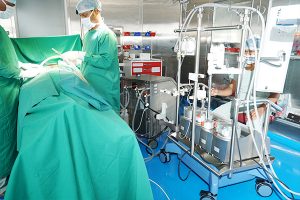
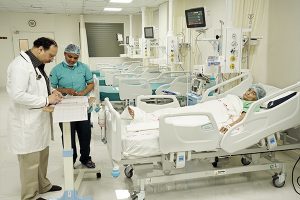
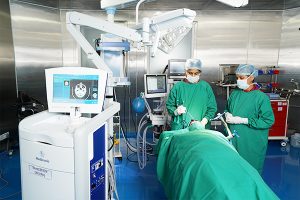
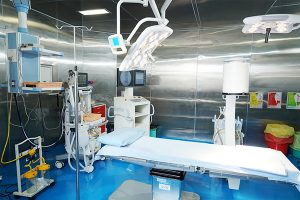

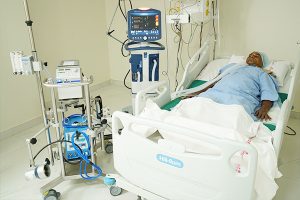
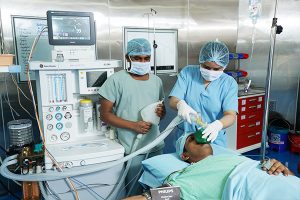




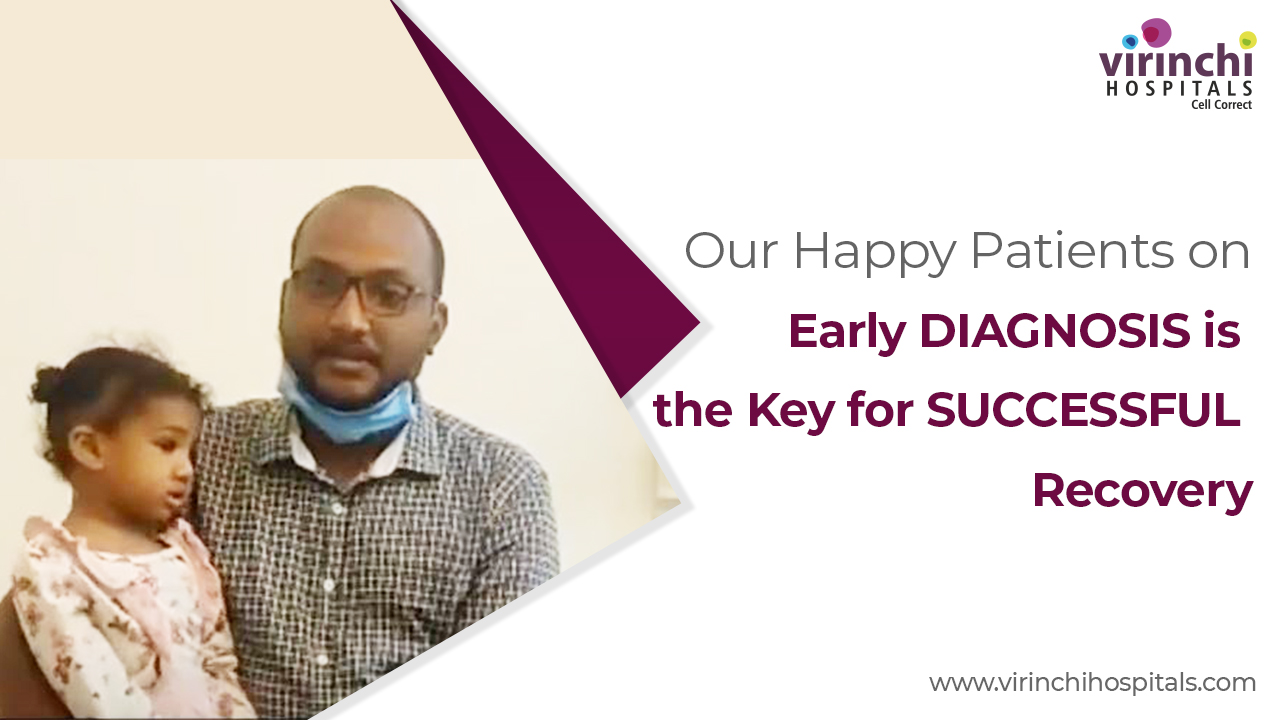
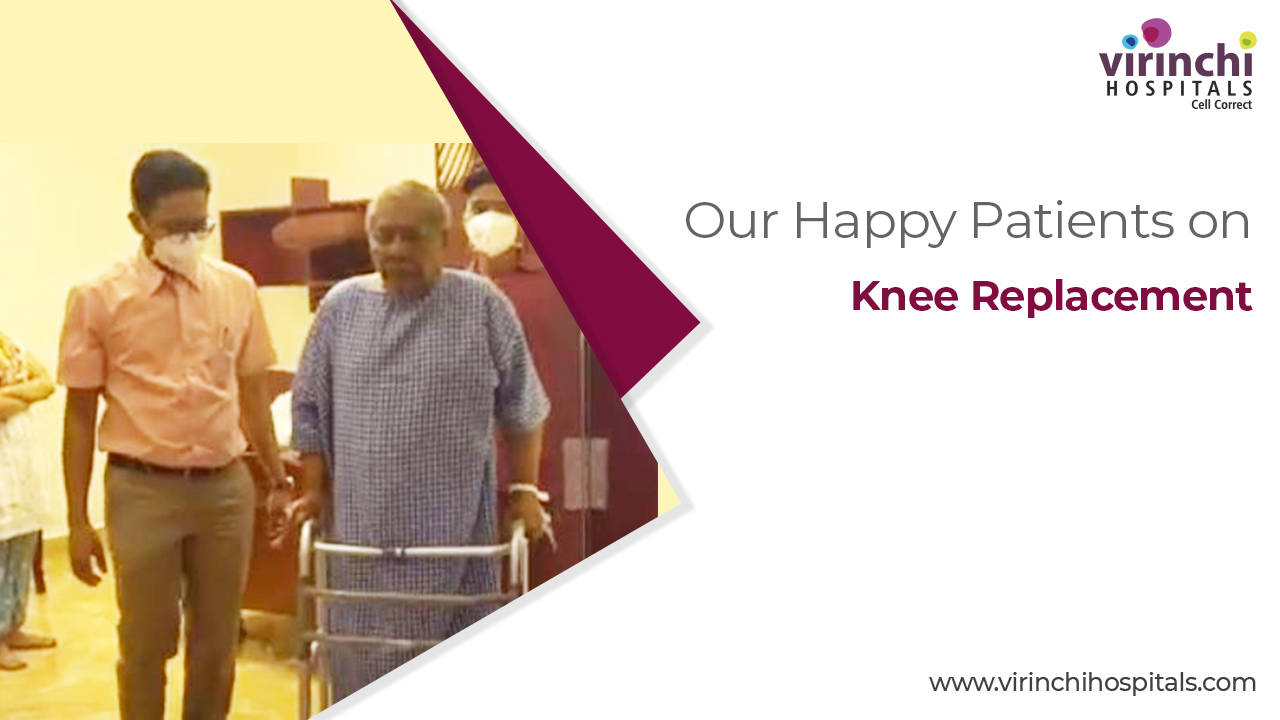
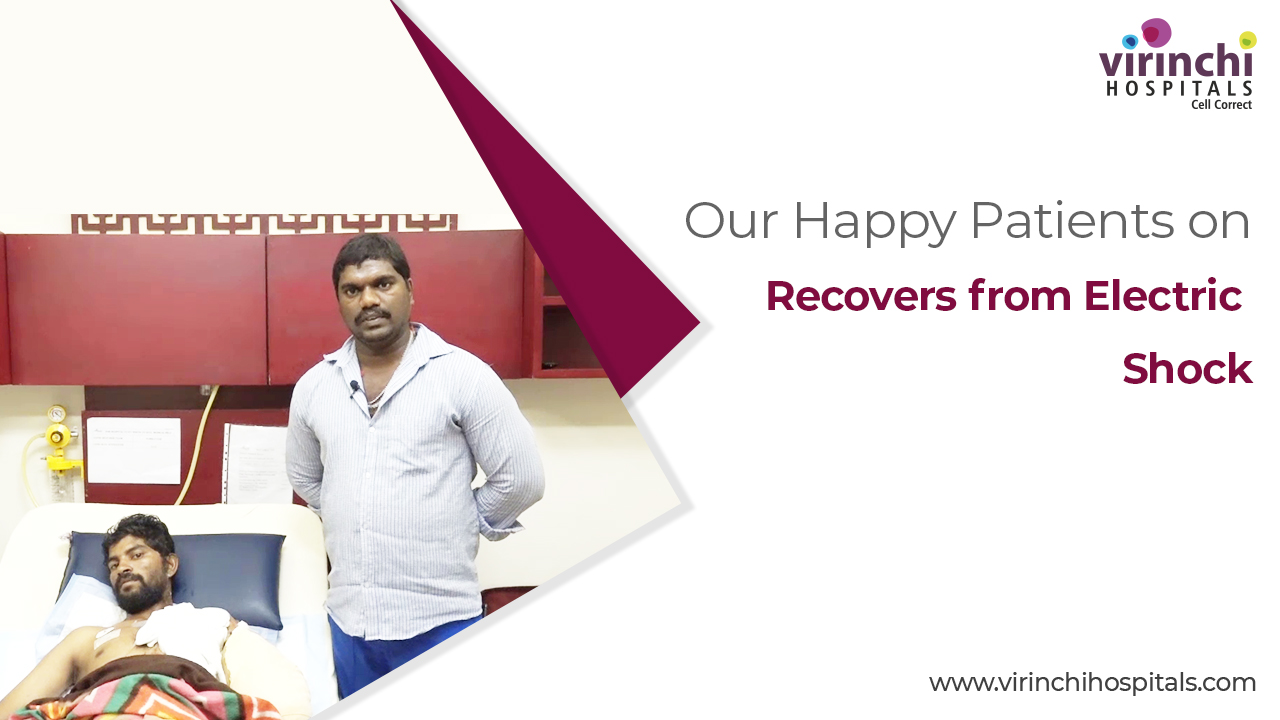



 Download
Download 